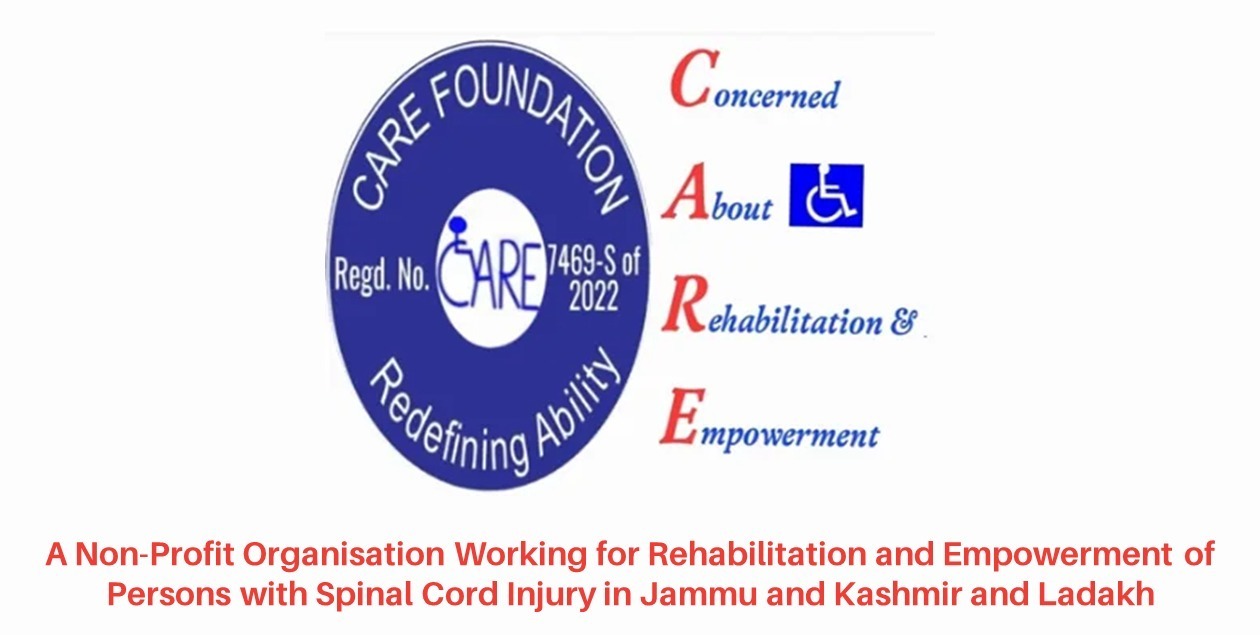Caregivers
In most of the Asian countries like india the family takes care Of the PwSCI. Though there are some homes where PwSCI are living on paid basis. In Jammu and Kashmir only few PwSCI are at the hands of paid caretakers and the rest majority are look after by family.
Unlike US and European countries hardly any training is given to the caregivers in poor and developing countries like india.
Caregiving duties vary from person to person depending upon the age, education, severity and level of spinal cord injury and it is so important and necessary to reach out and connect with other care giving family or a family member with similar situations. Dildar Ahmad had dearest mother who not only understood but felt the needs and difficulties of him at early stages but with the time her job got easier when he started learning the transfers from bed to wheelchair to commode to car and vice-versa but to read the psychological condition always needed some professional guidance but compromise was the only alternative.
We being humans mourn the loss of mobility of our dear ones also mourn our own shortcomings. We get isolated and cut off from the world and are unable to tell people what we are going through. A caregiver has to deal with medical emergencies, personal and PwSCI,s hygiene and sometimes at the cost of whatever little financial sources they have. A caregiver need to have the ingenuity of highest level to tackle the unseen, unwanted and unthinkable situations without losing the composure as it will have its effect on the PwSCI. This is where and why a proper training by resource professional must be given to the caregivers.
The role of caregiver is not opted by anyone but is to be accepted out of the crisis to facilitate easy and comfortable life to the victim and thus at the end gives lot of satisfaction to caregivers on seeing the happy faces of their loved family member.
Caregiving can be frustrating, physically and emotionally draining but at the same time family members feel the ordeal of their loved one and leave no stone unturned in making him feel that he's not alone in his sufferings, agony and new challenges of dependent life. Here it is important to mention that the health of the caregiver becomes as important as of the victims and you will see the most caregivers become the victim of depression, fatigue and sleeplessness. Dildar says he always tells the caregivers to take care of their own health as seriously as the victim itself especially of their own backbone for the reason of being in standing position for the most of the day in service of the loved ones and there it devolves upon every PwSCI to repeatedly keep telling its caregiver about it.
Dildar Ahmad says his mother never went to any public event or marriage ceremony of relatives or neighbours despite of requests made to her but truly mother is the dearest one on the earth. But it affected her health and died of cancer and it took two years for Dildar to come back to normal calendar of work. This is hard truth that the job of caregiver is sucking, relentless, frustrating, conscientious and painstaking. Dildar says technology has made the life of PwSCI and caregiver easy but the heavy cost is biggest impediment to cross over and thus govt should erase the barriers in procurement and exempt all the assistive devices from all types of taxes and excise duties.


